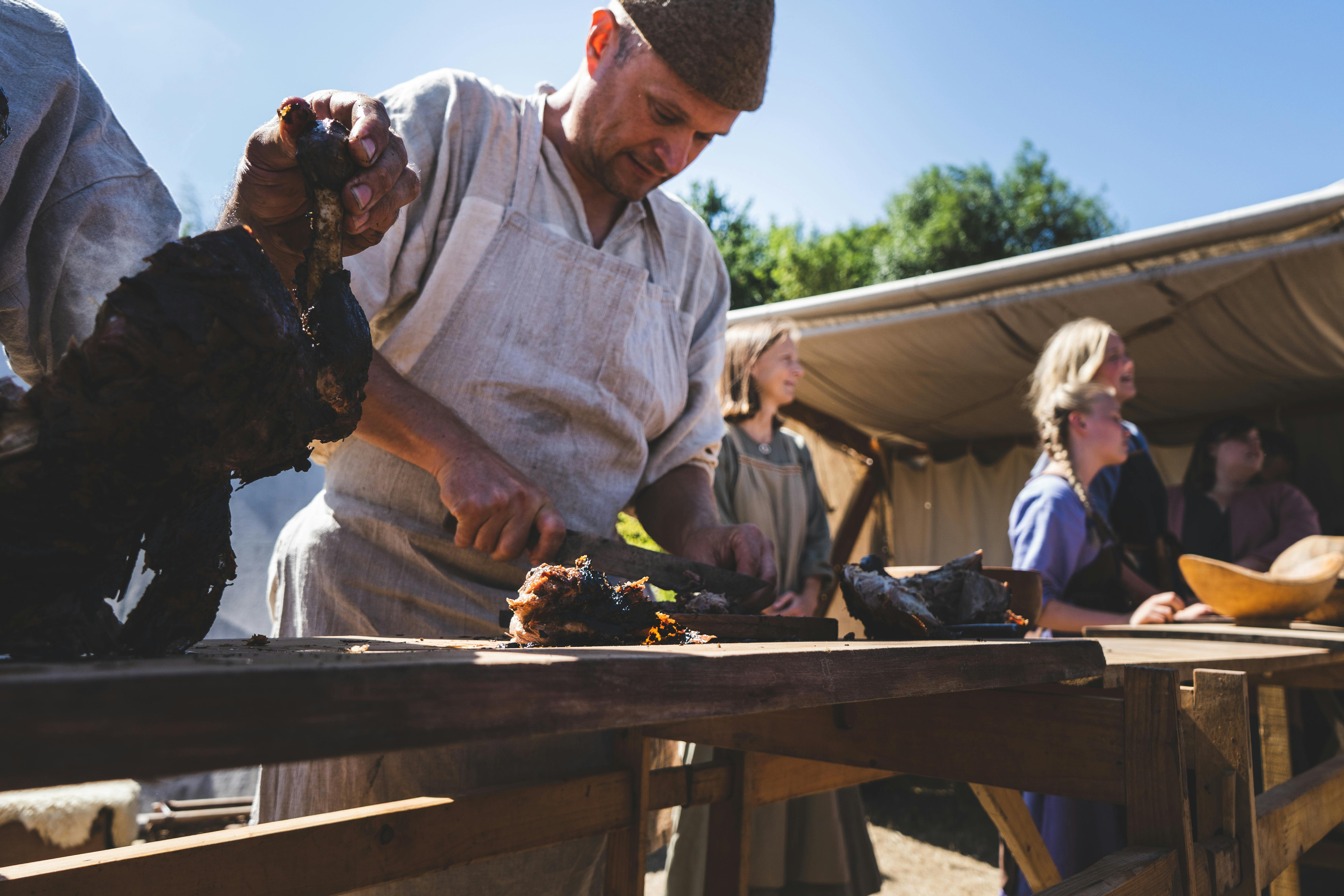There are advantages to consider when becoming a hero. According to Aristotle: “A man cannot become a hero until he can see the root of his fall.” (Kaura, 2011) Based on the characteristics suggested by Aristotle, a tragic Hero must be someone of noble status and portray greatness. The noble characteristics should already be evident from the beginning of the work. With high status comes the chivalrous virtues innate in character. In contrast to the outstanding greatness of the tragic hero, he is not perfect. A hero’s downfall is partly his own fault, probably poor decision making. This cause of the downfall is called hamartia, or the tragic flaw that is often intertwined with the hero’s arrogance and overconfidence. Regarding the hero’s downfall, the consequence often outweighs the severity of the misbehavior. However, the public will not be left hanging with all the misfortunes that the hero experienced. After some realizations, discoveries and coming to his senses, the hero gets up from the fall of him. (Defining Tragedy, 2005)
These characteristics are reflected in Shakespeare’s “Much Ado About Nothing” in the character of Claudius. In Act 1, Scene 1, Claudio’s name is said for the first time. He is considered a Florentine who won the war twice (idiomatically) because he won the war without any casualties. In the same Act and Scene, the Messenger regarded Claudio as a nobleman, making him of high status. Knowing all this, we can say that he is considered great.
Claudio, like anyone else, got to like someone, just a little more unique because it’s love at first sight. However, there was an unexpected turn of events. Don Juan wanted to interrupt everyone’s happiness, so he planned for Borachio to make love with Margaret (Hero’s servant) in Hero’s room, and asked Don Pedro and Claudio to keep watch. Claudio thought that he was a hero to someone else, which caused him jealousy that turned into hate and anger.
Claudio humiliated Hero in front of everyone, since he accuses her of lust. A very rash act of Claudio’s, he did things recklessly while he was still blinded by rage. This act of Claudio caused Hero’s family to conspire over her death.
Finally, the truth came out. Claudio needs to suffer for his mistakes and imprudence. Claudio was grieved by Hero’s death because all the time she taught that she betrayed him.
As punishment, as stated in the Final Act, Claudio was forced to marry Leonato’s niece, who is supposed to be Hero’s cousin. To his surprise, the masked woman is actually Hero.
References:
http://vccslitonline.cc.va.us/tragedy/aristotle.htm (Definition of Tragedy: Aristotelian Tragic Hero Analysis Guide)
http://surabhikaura.hubpages.com/hub/Aristotle-Tragic-Hero-Hamlet-Macbeth



